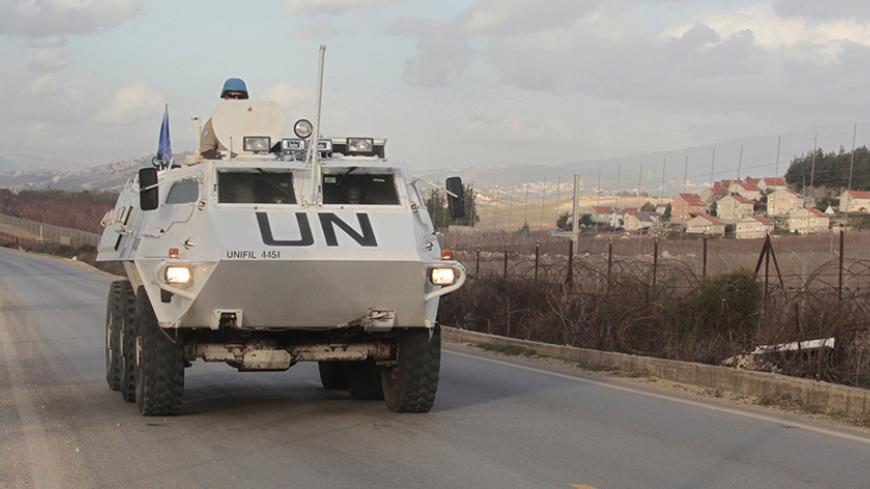Hezbollah did not wait long to carry out its threat and retaliate against the Israeli raid that targeted one of its convoys in the occupied Golan Heights on Dec. 18. At 11:25 a.m. Jan. 28, Hezbollah launched a rocket attack on an Israeli patrol in Lebanon’s occupied Shebaa Farms, and followed it with a communique titled “Statement No. 1,” in which it took responsibility for the operation executed by the Quneitra Martyrs Brigade. In response, Israel waited more than five hours before confirming the attack, admitting that two of its soldiers were killed and seven others wounded.
As a result of the operation, the prevailing question on all regional parties thus became: “Will Israel embark on a wide-scale escalation in response to Hezbollah’s attack? Will the southern Lebanon arena become the scene of an all-out war, as was the case on July 12, 2006, when Hezbollah executed an operation against the Israeli army, and captured two of its soldiers?



